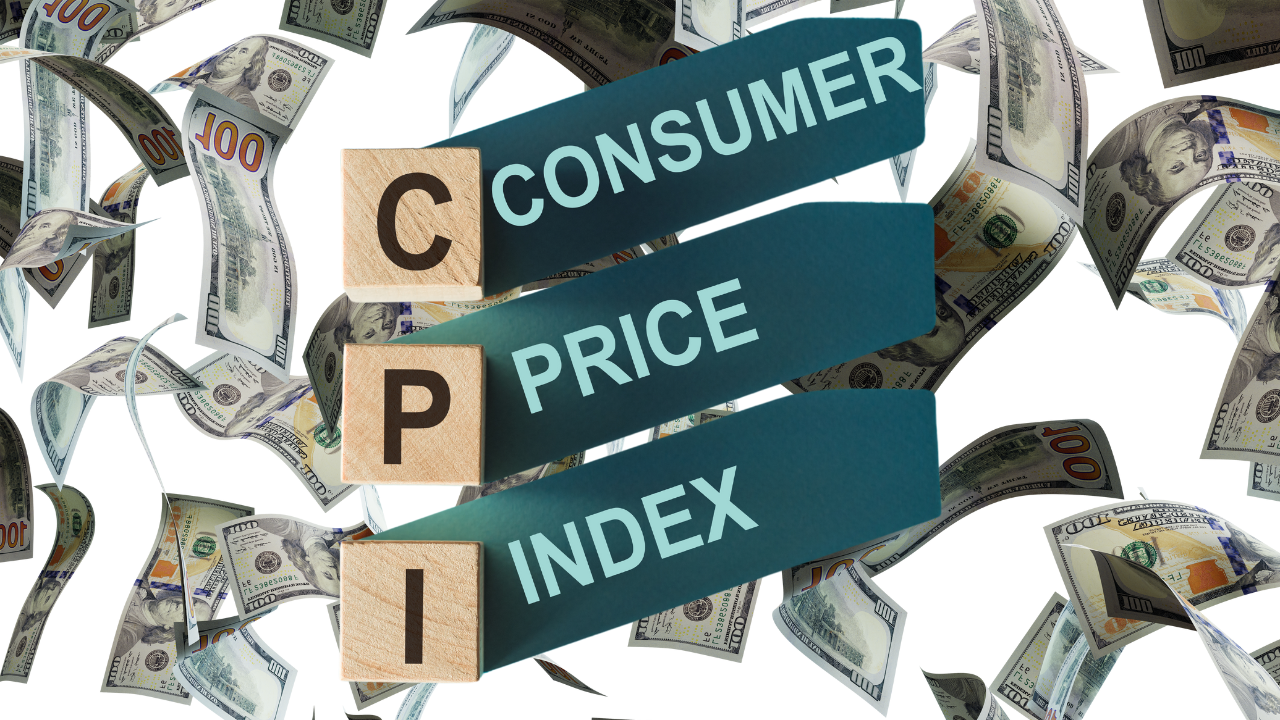In January 2024, the Consumer Price Index (CPI) took a surprising leap, indicating a stubborn inflationary trend that has sent shockwaves throughout the economy. This unyielding surge in prices has not spared the real estate market, as it continues to exert upward pressure on mortgage rates, presenting challenges for the industry and potential hurdles for prospective homebuyers.
CPI Surge Unveiled
The latest CPI data for January 2024, as reported by CNBC, reveals a 0.3% increase in consumer prices, surpassing expectations. This surge has propelled the annual inflation rate to 3.1%, a figure that has raised eyebrows across economic sectors. The relentless nature of this inflationary pressure is particularly concerning, impacting various aspects of the economy, with the real estate market feeling its effects acutely.
Upward Pressure on Mortgage Rates
One of the immediate repercussions of the stubborn inflation is the surge in mortgage rates. As the purchasing power of currency weakens in the face of rising prices, lenders adjust interest rates to compensate. This, in turn, affects the real estate sector, where mortgage rates play a pivotal role in shaping affordability for homebuyers.
With inflation showing no signs of abating, mortgage rates are continuing their upward trajectory. Prospective homebuyers, already grappling with elevated home prices, are now confronted with the added challenge of higher borrowing costs. This dynamic is not only impacting new buyers but is also affecting existing homeowners looking to refinance, as the cost of borrowing becomes less favorable.
Real Estate Business in Turmoil
The persistent surge in inflation is having a tangible impact on the real estate business, disrupting its traditional dynamics. Higher mortgage rates are translating into decreased affordability, leading to a reduction in the pool of potential homebuyers. Sellers are finding it increasingly challenging to secure buyers willing to meet their asking prices, resulting in a potential slowdown in real estate transactions.
Moreover, investors and developers, who often view real estate as a hedge against inflation, are now faced with a changing landscape. The higher cost of borrowing may deter some investors, while developers may experience increased construction costs, impacting profit margins and potentially stalling new projects. The real estate market, once a bastion of stability, is navigating uncharted waters.
Adapting to the New Reality
As the real estate industry grapples with the consequences of stubborn inflation, it must adapt to this new economic reality. Strategies such as recalibrating pricing models, exploring alternative financing options, and closely monitoring market trends become crucial for navigating these challenging times. Real estate professionals, from agents to developers, must demonstrate resilience and flexibility in the face of evolving economic conditions.
Conclusion
The CPI surge of January 2024 has unveiled the depth of stubborn inflation, leaving an indelible mark on the real estate market. With mortgage rates on the rise and affordability becoming a growing concern, the industry must innovate and adapt to these challenging conditions. As the economic landscape continues to evolve, the real estate sector must weather the storm of inflation, emerging stronger and more resilient in the process.



